In the event that SHTF, you will find yourself strapped for resources. In this situation, you need to know how to make the most out of what you have. There are many items which can be broken down to their core materials.
Through recycling, these materials can be repurposed and new uses can be found for them. However, it can be hard to set up a recycling operation for every possible material so you need to pick and choose.
Recycling is efficient because less energy is used in order to create new products. By using old material instead of starting from scratch, the entire operation becomes more efficient. In a lot of cases, this material is actually downcycled instead of recycled. While similar, this means that the material is used to create items of lesser quality or purpose than the original.
Even so, the process is still beneficial. By recycling, you are ensuring that all the resources at your disposal are being used in an optimal way. Furthermore, recycling also has a positive effect on the environment.
How to Recycle
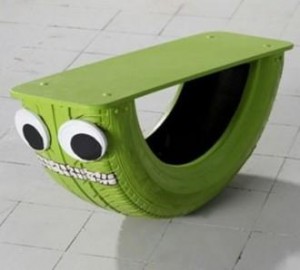
The ease with which you can recycle depends on the facilities you have access to. This means that not everyone can recycle the same items.
However, sometimes recycling simply means finding new uses for the old junk you have around the house. By doing this, you prolong the life of one or more items and also avoid the need to purchase something else to fulfill that specific purpose.
If you take a look around your home, you will discover that almost everything in there can be recycled under ideal circumstances. However, since many people do not live under these circumstances, here are some of the top items you can recycle.
- Paper
Paper is one of the most commonly recycled items for several reasons. For starters, it is something that we all have in our homes.
It can come in many forms such as newspaper, printing paper, wrapping paper and different kinds of paperboard products.
We have been recycling paper for about 100 years, but there is still plenty going to waste. The EPA approximates that about a third of the solid waste stream is comprised of paper.
Recycling paper is pretty easy. If you have a recycling program in your neighborhood, all you have to do is to separate paper waste from the rest and it will be picked up and taken to a special facility.
However, if you have the time you can also learn to recycle the paper yourself using traditional methods. It is not hard and you only need very basic materials which you can purchase or make yourself.
Lastly, paper should not be wasted because it has many uses around the house. It can be used as a cheap and effective wrapping solution, for starters. It can also be placed in hats and leather shoes to preserve their shape. It can be used to protect windows when remodeling or painting, and also for insulating. It can be used to keep items in storage. You can use your imagination and find plenty of uses for old paper.
-
Aluminum
Aluminum is also a very important material to recycle. Most of it comes from aluminum cans, used mostly for sodas and energy drinks.
The reason why it is a very good idea to recycle aluminum is that this represents a closed-loop process. This means that no other materials are introduced or eliminated along the way. You recycle aluminum cans and you get aluminum.
Conversely, this means that aluminum is a material which can be infinitely recycled. As a result of this, around two thirds of all the aluminum ever developed is still in use thanks to recycling.
Another reason why aluminum recycling is good is because the process is so much more efficient than creating new cans. It only requires around 5% of the energy. In other words, 20 recycled cans can be produced using the same energy it takes to create a new one from scratch.
-
Plastic
Like paper, plastic is something we all have around the home. PET bottles are most commonly recycled, but the material is found in a lot of other items.
The biggest problem with plastic is that it is barely biodegradable. This means that if it is simply thrown out instead of recycled, it will remain in the environment for a very long time.
Like with aluminum and paper, all you have to do is separate your plastic waste from the rest. If you have a recycling program active in your area, the garbage truck will collect it and take it there. If you do not, you can collect the bottles yourself and take them to a nearby recycling plant. You will even get paid for the bottles you deliver, though not a lot.
Plastic is not as easily recycled as aluminum is. In fact, most of the time it is downcycled and used to make inferior products. Even then, plastic can only be recycled a few times. Even so, the process requires about 70% less energy compared to mining for new material.
-
Batteries
Usually, there is no recycling program for batteries so you will have to take them to a facility yourself. Unlike the other items, batteries are toxic so recycling them is not as simple.
However, there is a distinction to be made between various kinds of batteries. Most of them are small batteries, used to power household appliances. A lot of shops and markets that sell them will also have recycle bins where you can dump your old ones. They are easy to get rid of.
The harder ones are the big batteries such as the ones found in cars. They are very toxic since they contain acid. These have to be taken to a special facility and one might not be available in your area.
-
Electronics
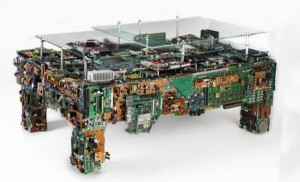
The special term e-waste is used to refer to old electronics. It is a big business as it will often get exported to other countries where the electronics are stripped for useful parts. The circuits, chips and other electronic components have usually no value. All electronics contain various materials which are worthy of reclamation, including copper, lead and even gold.
As you can see, just because you do not need an item anymore does not mean that it holds no value. Through recycling, you can make sure that valuable materials are reclaimed from old, useless junk that would otherwise go to waste.
This article has been written by Bella Scotton for Survivopedia.


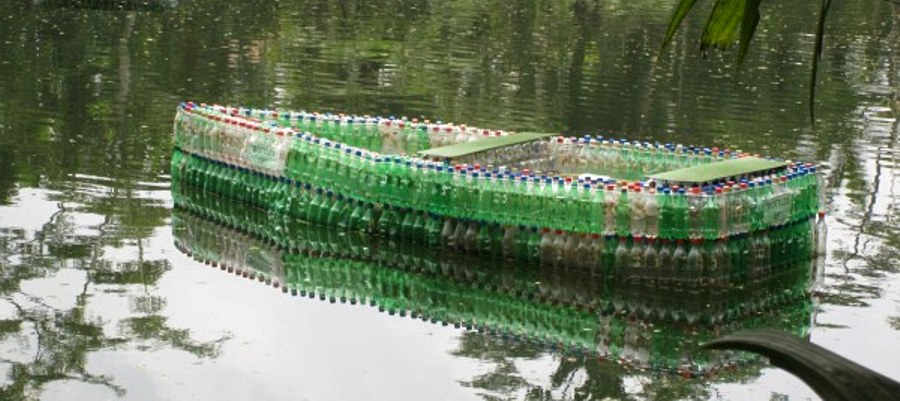
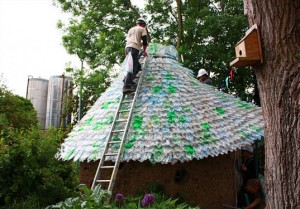
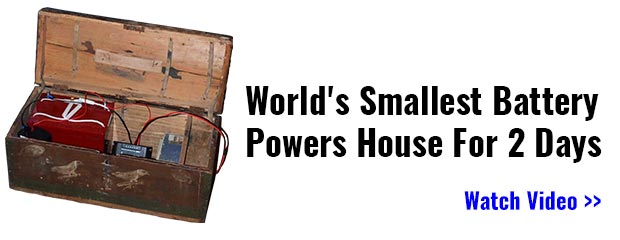
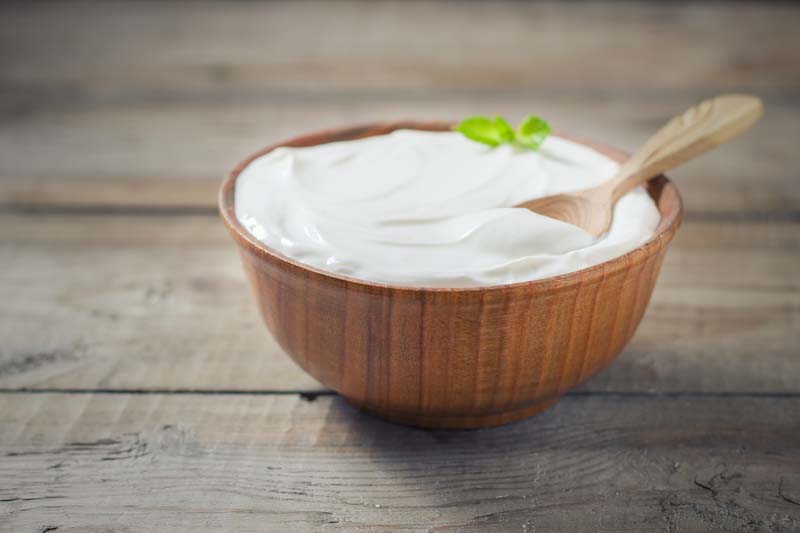
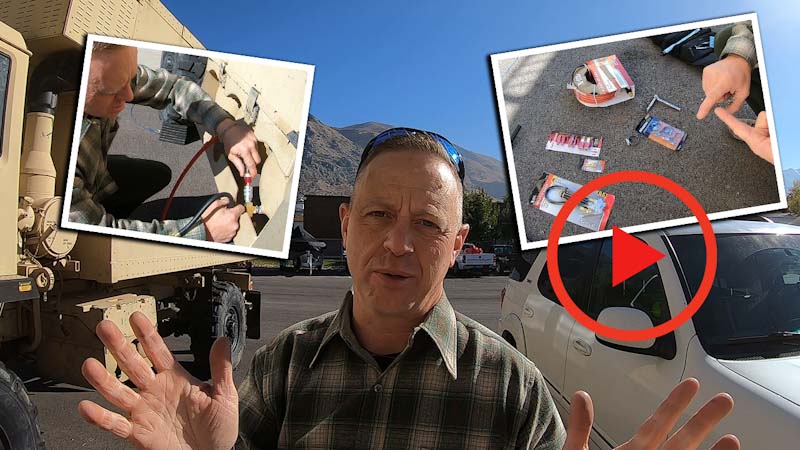
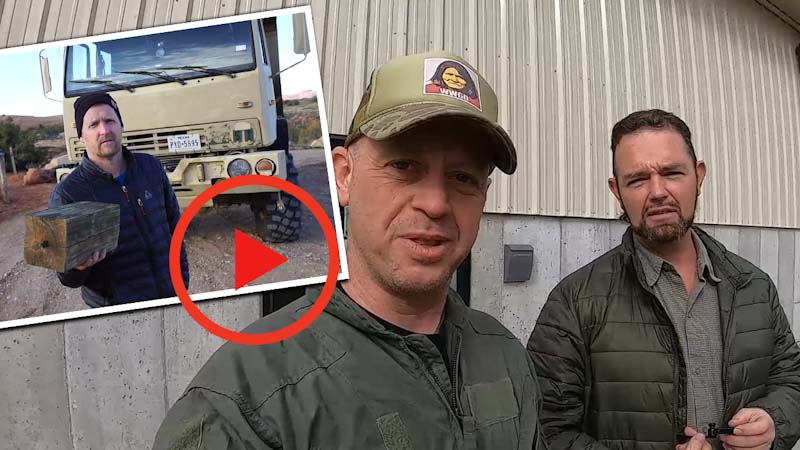


Patrick | January 23, 2014
|
I hope everyone takes recycling to the “next level” I hear people say its too hard or they have a lazy attitude of it’s easier to throw it away. The same people that don’t try and send it to the dump don’t want the dump it their backyard.
Learn new skills by being creative and build something with trash. if it is a complete disaster try again. at minimum you are being productive/creative and exercising your mind. It’s better than watching another stupid reality show like Jersey Shore.
Joyce | March 14, 2014
|
I did not mean to disagree I was trying to read the comment? DUH..
neil | January 24, 2014
|
I use to take my auto batteries to Interstate Battery and receive money, but now that the EPA shut the door on lead smelting, I’ve decided to keep them for when TSHTF and I need to barter for bullets.
TMS | February 9, 2014
|
Uh… where I’m at everyone who sells car batteries also takes the cores back for recycling including Walmart and Interstate. Also the local salvage yards pay for batteries. $.22 per pound I think it was last time I went. I was told that EVERYTHING from a lead/acid battery is recycled including the plastic case and the electrolyte.
dave | January 24, 2014
|
I think brass deserves a mention here. Even if you don’t reload your own ammo, pick up all the brass from fools who leave it laying all over the landscape. You can use it to reload ammo, or sell it as scrap. A 5 gallon bucket of clean brass is worth about $80 at a recycler.
Kathy | January 24, 2014
|
I’m new to this, can someone please name some of the common items that would contain brass. Forgive me if that’s a stupid question and thanks for helping to educate.
dave | January 26, 2014
|
I was mainly talking about cartridge cases from rifle and pistol ammunition, but many plumbing valves and fittings are made of brass.
TMS | February 9, 2014
|
Yes and the plumbing fixtures that are chrome plated are brass underneath.
Martha Staley | March 24, 2014
|
The most common thing and easiest thing to do appears, at first , not to do much for the economy. But if you look closer, it does help have money to spend for other items. Most friends of mine buy from consignment shops. They ride in a group, saving some of them gas, and purchase gently used clothing.
This gives consigning individuals money plus frees up our money for something else.
Another tip: Make up your mind you don’t need as much as you thought you did.
Cricket | March 28, 2014
|
I save the plastic juice bottles. They are great for water and have good tops to seal the liquid. I also save plastic bags from the grocery store. If there’s no water to flush the toilet, you may need to have to put the waste somewhere. I also save cotton from medicine bottles. It would be the perfect fire starter. I bought several of the long handled lighters and keep them around the house near candles. You can’t know when the lights will go out. Just small things are bound to make the difference.
DENA t | March 28, 2014
|
Styrofoam is also worth a mention- I made a ‘chair boat’ from discarded styrofoam boxes used to ship fish, using pvc for a frame. Recessed an old cooler to hold a battery, hung a trolling motor on front and caught many a fish from it. Also good insulation, planters, storage, water buoys, etc., etc.
Not to be overlooked, is recycling what we grow- banana trees are a favorite- aside from eating the fruit, the leaves can be used to wrap food for cooking and the dry leaves are excellent tinder, better than paper and all natural.
Pingback:Pros and Cons for Building an Earthship House | August 11, 2014
|
Pingback:Smart Recycling: What To Do With Old Tires | Survival skills, survival guns, survival guide | November 6, 2014
|
Pingback:Smart Recycling: What To Do With Old Tires | The Prepper Dome | November 6, 2014
|